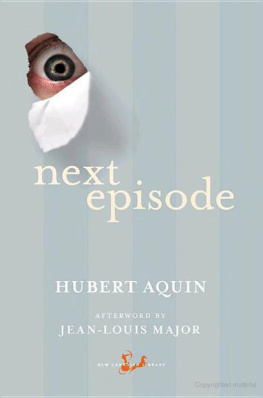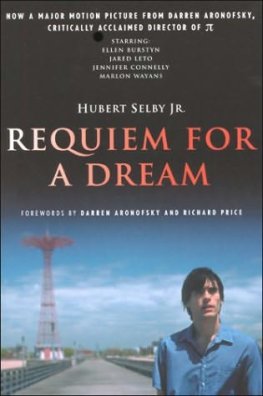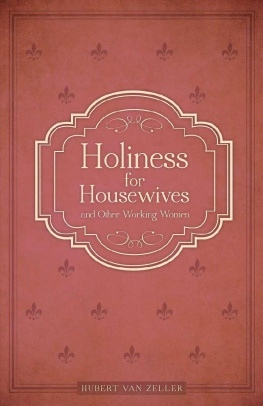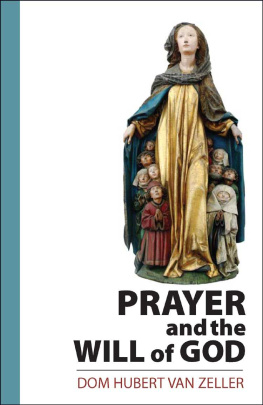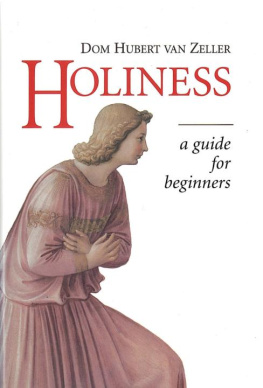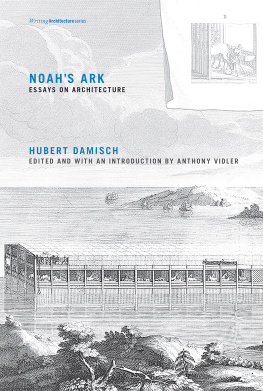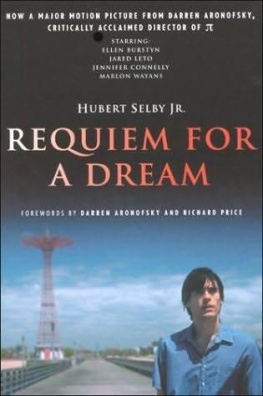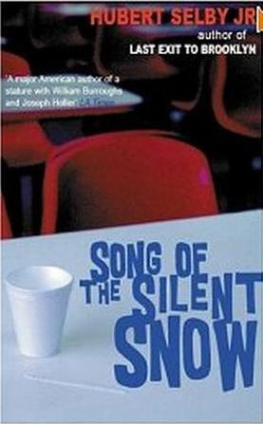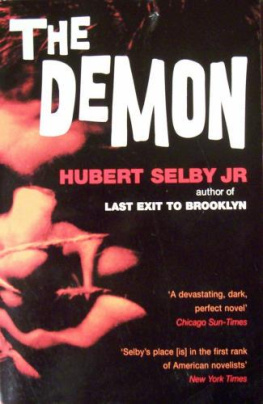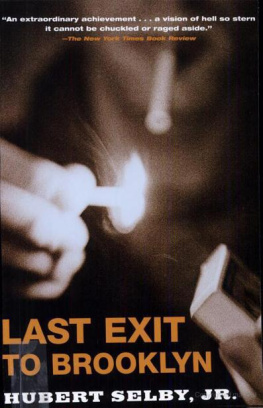Hubert Aquin - Next Episode
Here you can read online Hubert Aquin - Next Episode full text of the book (entire story) in english for free. Download pdf and epub, get meaning, cover and reviews about this ebook. year: 2010, publisher: New Canadian Library, genre: Home and family. Description of the work, (preface) as well as reviews are available. Best literature library LitArk.com created for fans of good reading and offers a wide selection of genres:
Romance novel
Science fiction
Adventure
Detective
Science
History
Home and family
Prose
Art
Politics
Computer
Non-fiction
Religion
Business
Children
Humor
Choose a favorite category and find really read worthwhile books. Enjoy immersion in the world of imagination, feel the emotions of the characters or learn something new for yourself, make an fascinating discovery.
- Book:Next Episode
- Author:
- Publisher:New Canadian Library
- Genre:
- Year:2010
- Rating:3 / 5
- Favourites:Add to favourites
- Your mark:
- 60
- 1
- 2
- 3
- 4
- 5
Next Episode: summary, description and annotation
We offer to read an annotation, description, summary or preface (depends on what the author of the book "Next Episode" wrote himself). If you haven't found the necessary information about the book — write in the comments, we will try to find it.
Next Episode — read online for free the complete book (whole text) full work
Below is the text of the book, divided by pages. System saving the place of the last page read, allows you to conveniently read the book "Next Episode" online for free, without having to search again every time where you left off. Put a bookmark, and you can go to the page where you finished reading at any time.
Font size:
Interval:
Bookmark:
BY JEAN-LOUIS MAJOR
Shortly after two oclock in the afternoon of March 15, 1977, Hubert Aquin was found lying on the road beside his car, a red 1976 two-door Ford Granada, in the park surrounding Villa Maria, a private school in the middle-class neighbourhood of Notre-Dame-de-Grce near his home in western Montreal. He had shot himself in the head. Blood and brain tissue were splattered as far as the large elm trees standing more than twenty-five feet away, but his dark-blue suit with matching light-blue shirt, silk vest, and tie remained undisturbed and immaculate. He was forty-seven years old.
Neither the manner nor the circumstances of Aquins death, nor even, for that matter, the fact of his death, has anything to do with the novel you have just read or anything else he ever wrote, except those few short letters he left unmailed and unstamped as was his habit, advising friends of his previously and elaborately discussed decision to commit suicide. The manner and circumstances of his death, however, have much to do with Hubert Aquin as literary icon, and thus with the manner in which everything he wrote is now regarded and, sometimes, read.
When he committed suicide, Aquin became the exemplary literary figure for the postQuiet Revolution and postParti Qubcoiselection period. He thus replaced Paul-mile Borduas, the intellectual godfather of the Quiet Revolution, who had lost his job as a teacher at the cole du Meuble in 1948 for writing Refus global, a pamphlet of incendiary rhetoric, and died in Paris in 1960 at the age of fifty-five.
Conditions for admission to the pantheon of martyrs of Quebec literature are not clearly defined: membership varies according to prevailing ideological currents. Conservative moods have long favoured Octave Crmazie, the nineteenth-century poet who died in exile in France to avoid going to prison after his Quebec City bookstore went into bankruptcy. Liberal times attribute a more exalted status to Louis-Antoine Dessaulles, the fiery journalist and anticlerical polemicist who, in 1875, had to follow the same route as Crmazie after resorting to a number of falsifications to avoid bankruptcy. According to others, this group should include essayist and novelist Franois Hertel, who moved to France in 1949 after leaving the Jesuit order, but it now seems Hertel has been eclipsed by poet, novelist, and literary critic Louis Dantin, another former cleric, who fled to Boston, where he became a typographer at Harvard University Press at the beginning of the twentieth century.
For some time in the forties and fifties, and even well into the sixties, Hector de Saint-Denys Garneau seemed to meet all the requirements to be considered a literary martyr. He published a single collection of poems in 1937, and died at the age of thirty-one in 1943, after living in seclusion in the family manoir since the age of twenty-two. Despite having published so little, Saint-Denys Garneaus image suffered from the fact that he had died of a heart attack, notwithstanding the efforts of some of his admirers to present his death as a suicide or, even better, a collective murder. On the other hand, poet, playwright, and cosignatory of Refus global Claude Gauvreau, who was long associated with Paul-mile Borduas and in fact became the self-proclaimed leader of the Automatist movement when Borduas left Montreal for New York and, later, Paris, seems to meet all the essential conditions for membership: he committed suicide in 1971 after having been interned in various mental institutions. In Gauvreaus case, the difficulty arises from the fact that he wrote abundantly, if somewhat obscurely.
The paradigm for these mythic figures remains the poet mile Nelligan, who, at the age of eighteen, was locked up in an insane asylum where he remained for forty-two years, without ever writing another line of verse, until his death in 1941. In the 1980s, Nelligan was the subject of a biography that was at least ten times the size of his collected poems; he was even the subject of an opera written by playwright Michel Tremblay and composer Andr Gagnon. Nelligans poems may have gone out of print, but his biography is now available in paperback.
That is more or less the company Hubert Aquin joined in the collective imagination immediately upon his death. What is exceptional about Aquins situation is that he had already attained an equivalent status upon publishing his first novel, Prochain pisode, in 1965. That he became a mythic figure at such an early date is due to a unique convergence of circumstances, social, political, and personal, as well as literary. This latter aspect, however, would normally be the least of considerations: one of the advantages of literary martyrdom is to give non-readers the opportunity of knowing all there is to know about a writer without having to change their own privileged status.
Although Next Episode is set in Switzerland, this story of a Qubcois terrorist on a mission to murder a counter-revolutionary whose identity and role remain problematic is imagined and narrated by a terrorist who was arrested and sent to a psychiatric institution before he had the opportunity of setting out on his own destructive mission. The narrators predicament in the novel mirrored that of Aquin himself at the time he wrote Next Episode: he was being held at Institut Albert-Prvost after being arrested for driving a stolen car and carrying an illegal firearm. Upon being arrested and asked his occupation, Aquin had stated that he was a revolutionary. In less felicitous circumstances, he would later publish an essay titled Profession: Writer.
At the time of his arrest, Aquin was well known as a producer and director of radio and television programs for Radio-Canada and documentaries for the National Film Board. He had also been a member of the editorial board and, for a few years, the editor of the literary magazine Libert. Aquin was thus closely associated with the institutions that defined and nurtured Quebecs literary elite.
Though a brilliant intellectual who wrote some of the most illuminating essays in Quebec literature, Aquin remained somewhat of an outsider. His novels were highly acclaimed in Quebec, but rather than the traditional image of the writer, he more closely resembled, at least outwardly, the stockbroker that he was for a while, or even the banker or businessman that he aspired to be he was the founder and president of a company that tried to organize Grand Prix racing in Montreal if not the race-car driver he dreamed of becoming.
Through all that, how was Prochain pisode read? Aquin is an author on whom an exceptional number of monographs, theses, and articles have been written though not as many as on Nelligan, naturally. The question remains, however: Was Aquins novel really read? And if so, how?
If you are reading this afterword, it probably means you have resisted the lure of mythology and have ventured into reading the novel, unless you are cheating. But how did you read the novel?
I remember my own sense of amazement the first time I read this novel. I was immediately fascinated by the power and beauty of the opening sentences. With its internal echoes and intriguing, contradictory images, the first sentence will forever be imprinted in my mind: Cuba coule en flammes aumilieu du lac Lman pendant que je descends au fond des choses (Cuba is sinking in flames in the middle of Lac Lman while I descend to the bottom of things).
The resounding images, altogether visual, intellectual, historical, and deeply personal, which flow from the opening metaphor, set the tone for a flamboyant narrative alternating between reflective chases and vertiginous immobility. But is it a quest for hope, a narrative of defeat and despair, or an affirmation of collective will and a blueprint for revolutionary action?
Font size:
Interval:
Bookmark:
Similar books «Next Episode»
Look at similar books to Next Episode. We have selected literature similar in name and meaning in the hope of providing readers with more options to find new, interesting, not yet read works.
Discussion, reviews of the book Next Episode and just readers' own opinions. Leave your comments, write what you think about the work, its meaning or the main characters. Specify what exactly you liked and what you didn't like, and why you think so.

